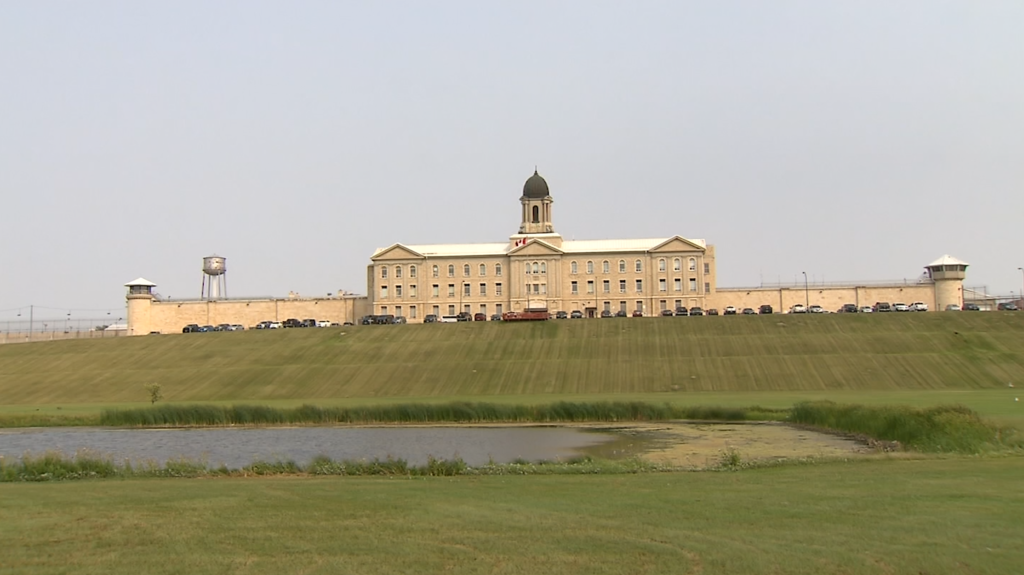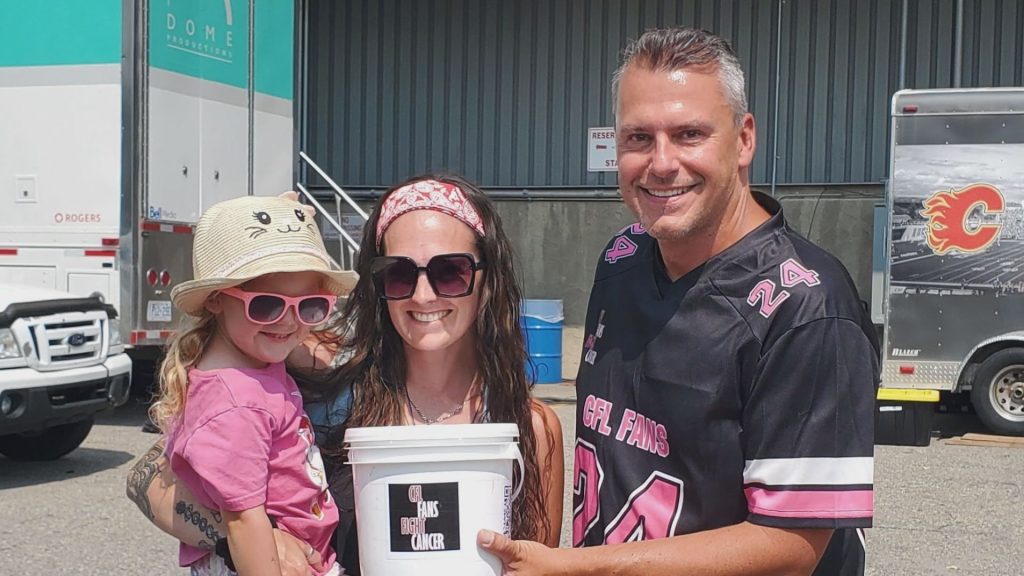Canadians scramble to reach loved ones in Turkey, Syria in wake of deadly earthquake

Posted February 7, 2023 8:20 am.
Last Updated February 7, 2023 12:59 pm.
Canadians are scrambling to reach their loved ones in Turkey and Syria after a powerful earthquake and subsequent aftershocks rocked the countries on Monday.
The death toll from the disaster has already surpassed 5,000, with thousands more left homeless or injured, and struggling to find food and water. People remain trapped in the rubble of the toppled buildings and the number of casualties is expected to keep climbing.
Toronto resident Jihan Briem tells CityNews it was nearly impossible to get in touch with her sister in Syria, whose home was destroyed in the earthquake.
“It was very difficult to reach out to anybody,” says Briem through a translator, adding she was she initially very scared but was finally able to get in touch with her sister on Monday afternoon.
“She is now hosted with another family in their backyard.”
The 7.8 magnitude earthquake hit southeastern Turkey near Syria’s border early Monday morning. The powerful initial quake was followed by a number of aftershocks, including a 7.5 magnitude tremor.
Related:
Canadians with families near the wreckage have been forced to patiently wait for information as the death toll rises by the hour. It remains unclear how many Canadians have been impacted.
Global Affairs Canada said Monday it had not yet received any requests for help from Canadians, but noted there are 7,513 who are registered as being abroad in Turkey and 1,394 in Syria.
Zein Almoghraby is from Toronto and was forced to leave his hotel room in the Turkish city of Gaziantep, located about 30 kilometres from the epicentre, after the second quake. He had been in the region for just over one week working with Journalists for Human Rights.
He says he received a call from Toronto right away while the disaster was still taking place.
“It’s difficult to reaffirm people that I’m alright when you know that you’re not being one hundred per cent honest,” says Almoghraby. “Access to food is going to become a challenge very soon.”
Almoghraby has been sleeping in a local radio station’s studio after getting a key from someone he knows who works there.
“You find yourself on the streets, it’s cold and wet,” he says. “It’s really difficult to find a place to sleep that is at least dry.”
Ibrahim Cinaroglu, a member of the Turkish-Canadian Society, said four of his friends and their family members were among those killed in Turkey.
“We couldn’t reach them unfortunately through the phone or any other means, but we heard that they (have) died,” he said. “It is terrible right now.”
Canadian disaster relief teams gearing up to send aid
With disaster relief teams gearing up to deliver supplies, getting necessary aid to the Syrian side of the border is expected to be more challenging for political reasons.
“We’re making thousands of kits,” says Rahul Singh, the executive director at GlobalMedic, who says the organization is packing family emergency packages consisting of water filters, solar lights, and hygiene items.
“We can’t put our teams into Syria because of the security situation,” he says. “We just get to the border and hand it over to our partners there.”
The latest disaster has added more misery to a region plagued by more than a decade of civil war in Syria. The Turkish province where the earthquake hit is home to millions of refugees from the conflict.
“It feels really unfair that we have to suffer just because there are sanctions on Syria,” says Briem, through her translator. “We understand the political point of view, but this is a human call. We need help.”
More than a dozen Canadian aid agencies working together as the Humanitarian Coalition said they are raising funds to rush assistance to people in need. The Canadian Red Cross has also launched an appeal to help those impacted.
“The Red Cross Red Crescent is working to deliver emergency relief and to get help to those impacted by the earthquakes as quickly as possible,” reads a statement from the organization.
“Money raised will enable the Red Cross to provide immediate relief, ongoing recovery efforts, and resiliency and preparedness activities in impacted and surrounding areas.”
The Red Cross says the areas impacted could change over time based on “emerging needs and compounding humanitarian crises.”
The activities and areas impacted may evolve based on emerging needs and compounding humanitarian crises.








